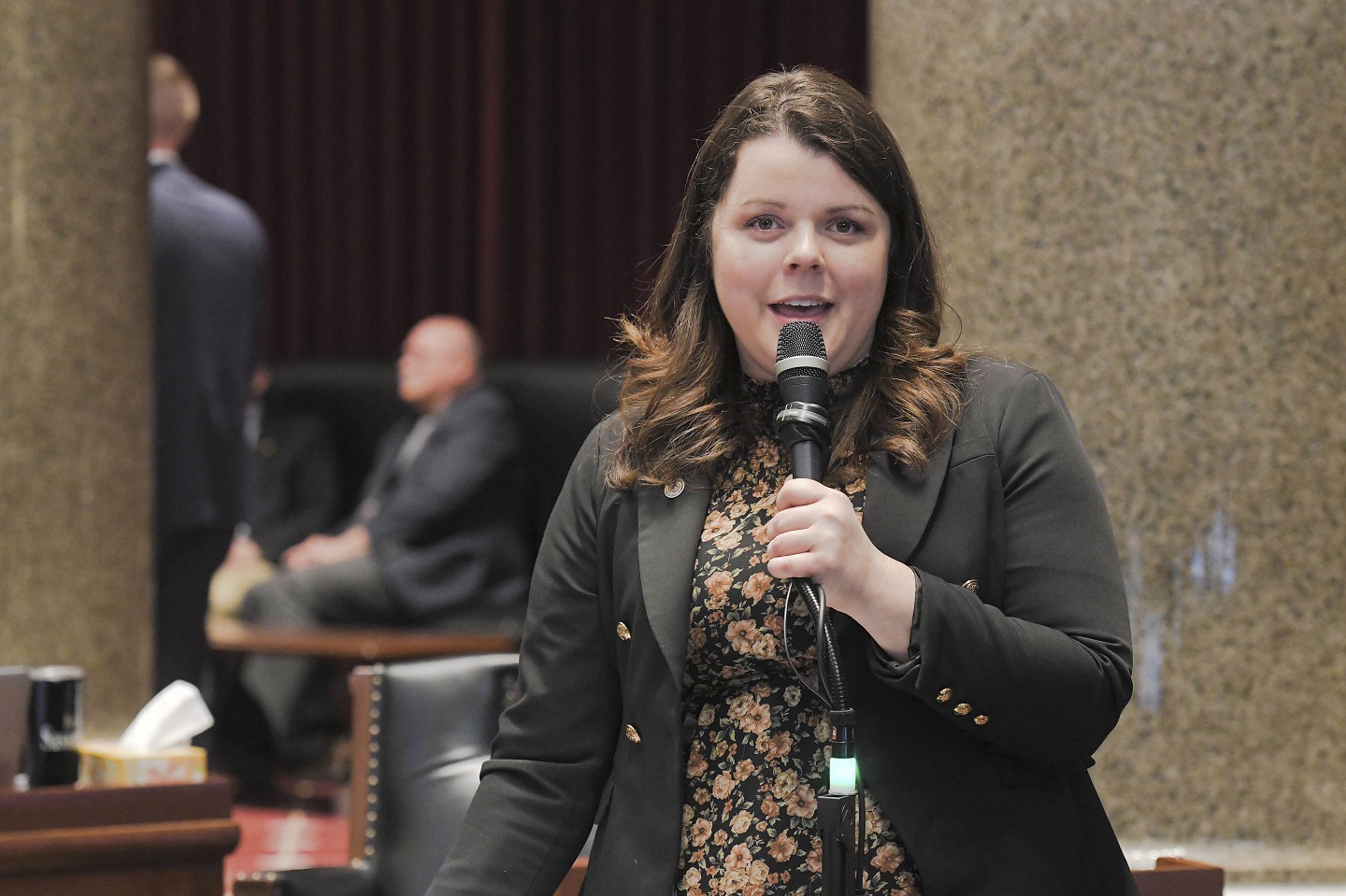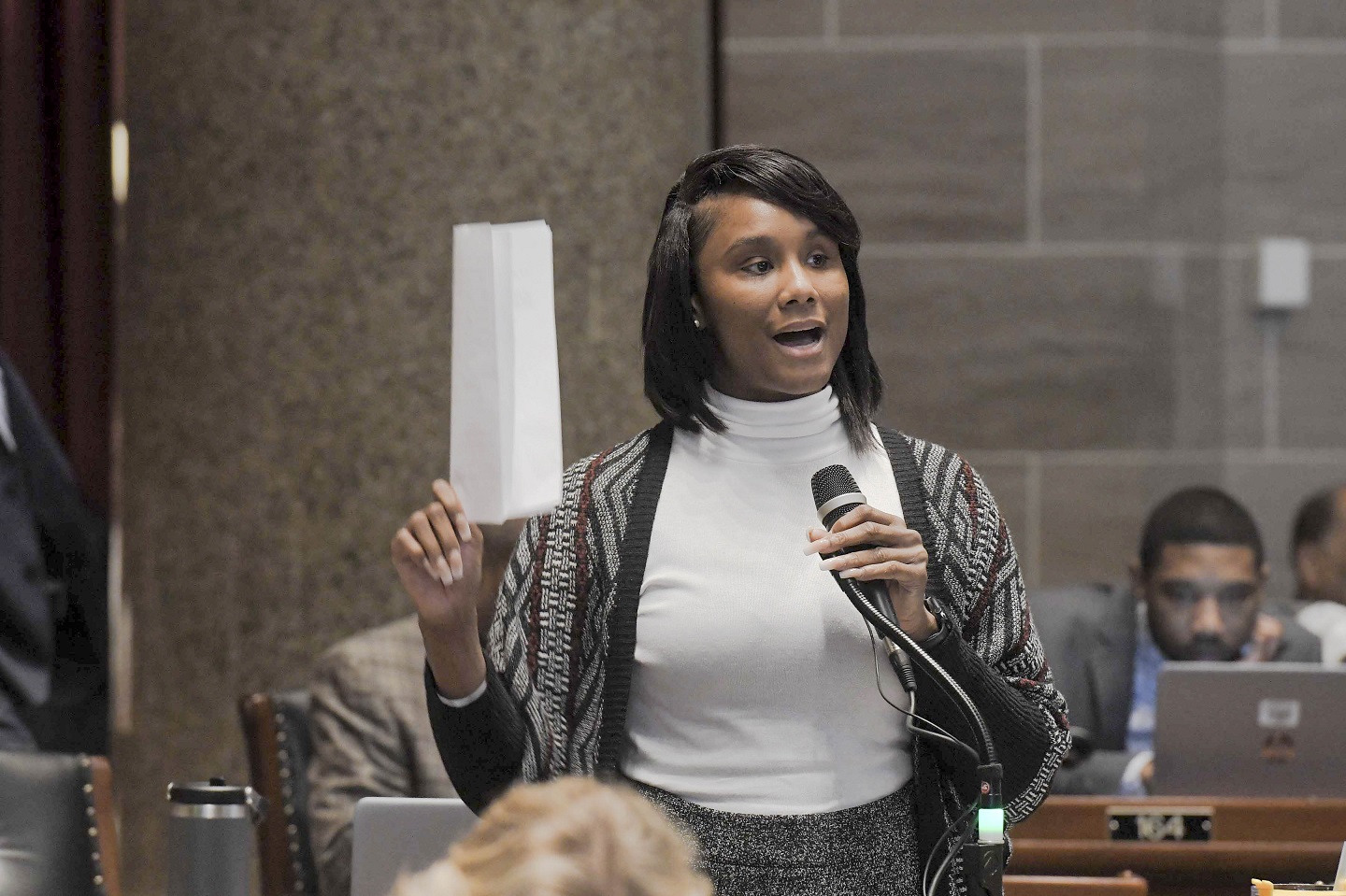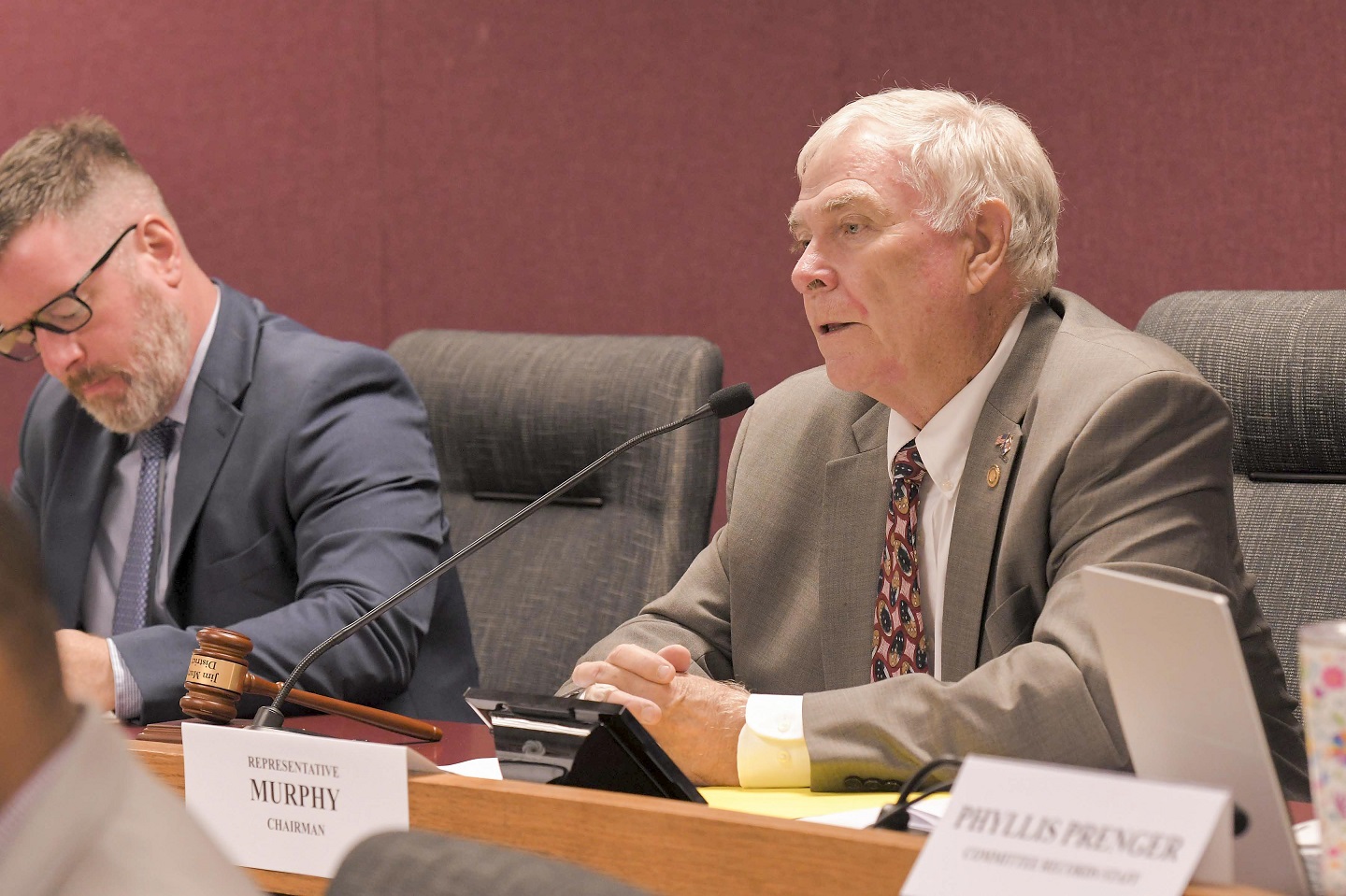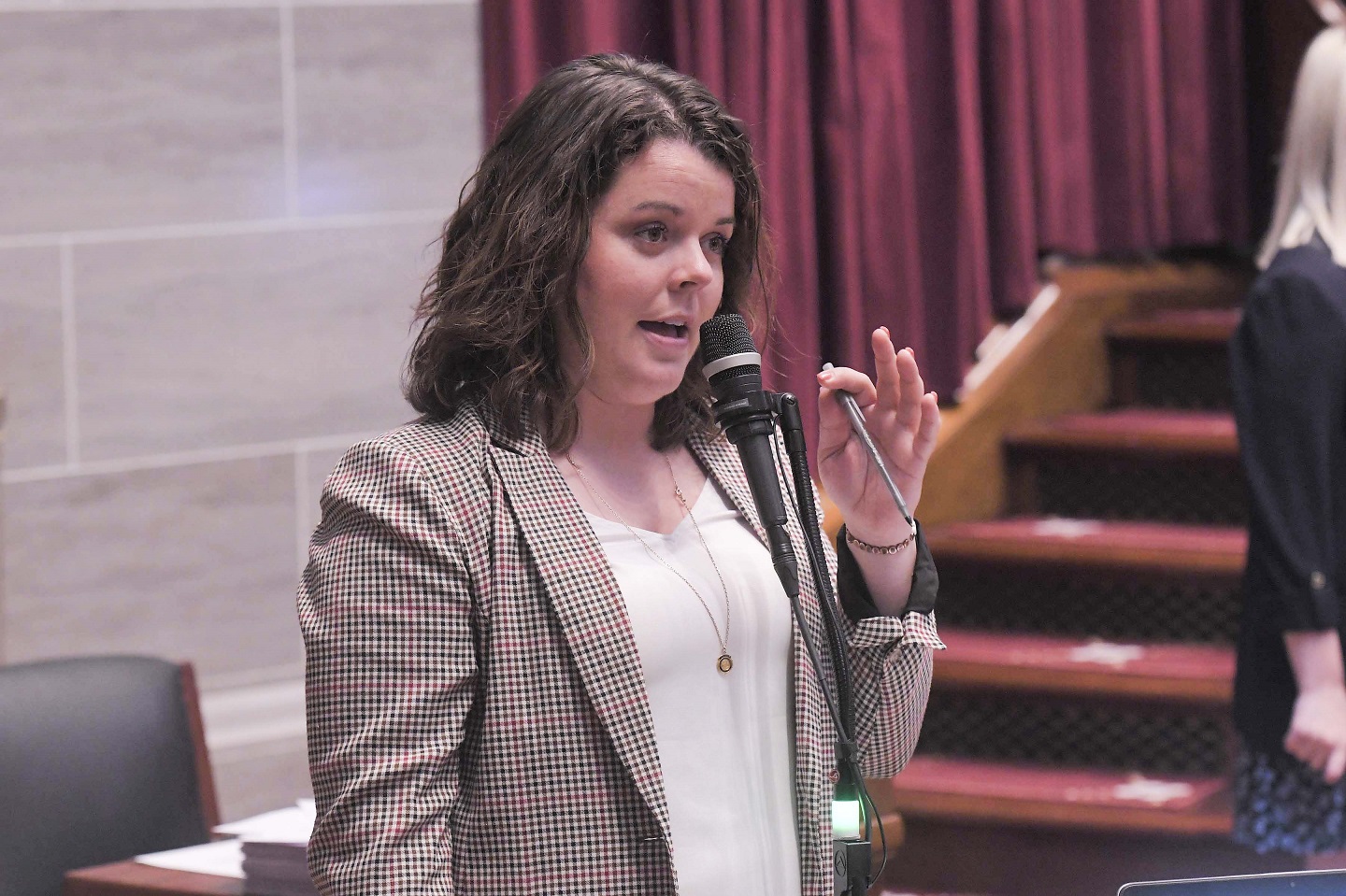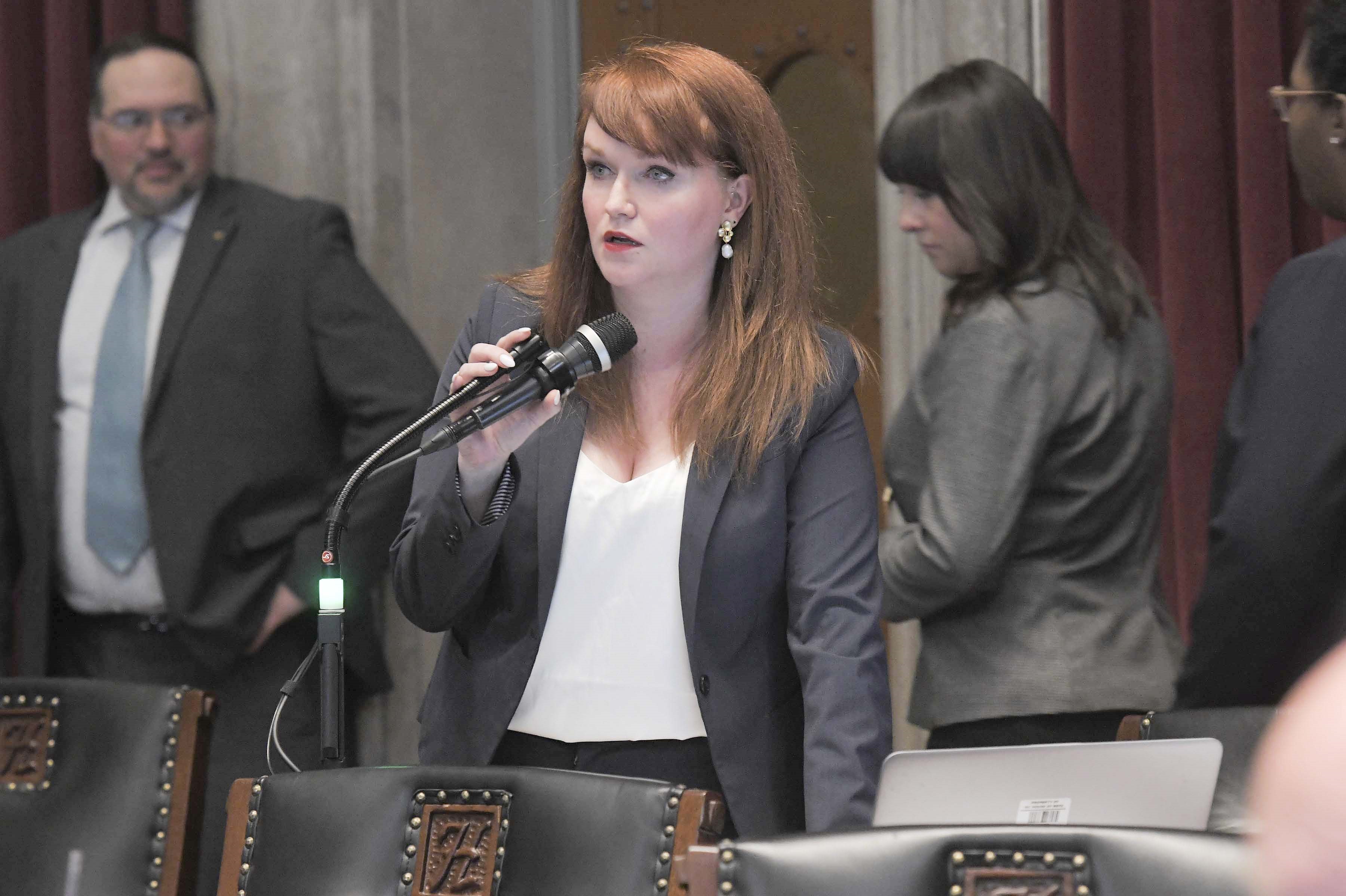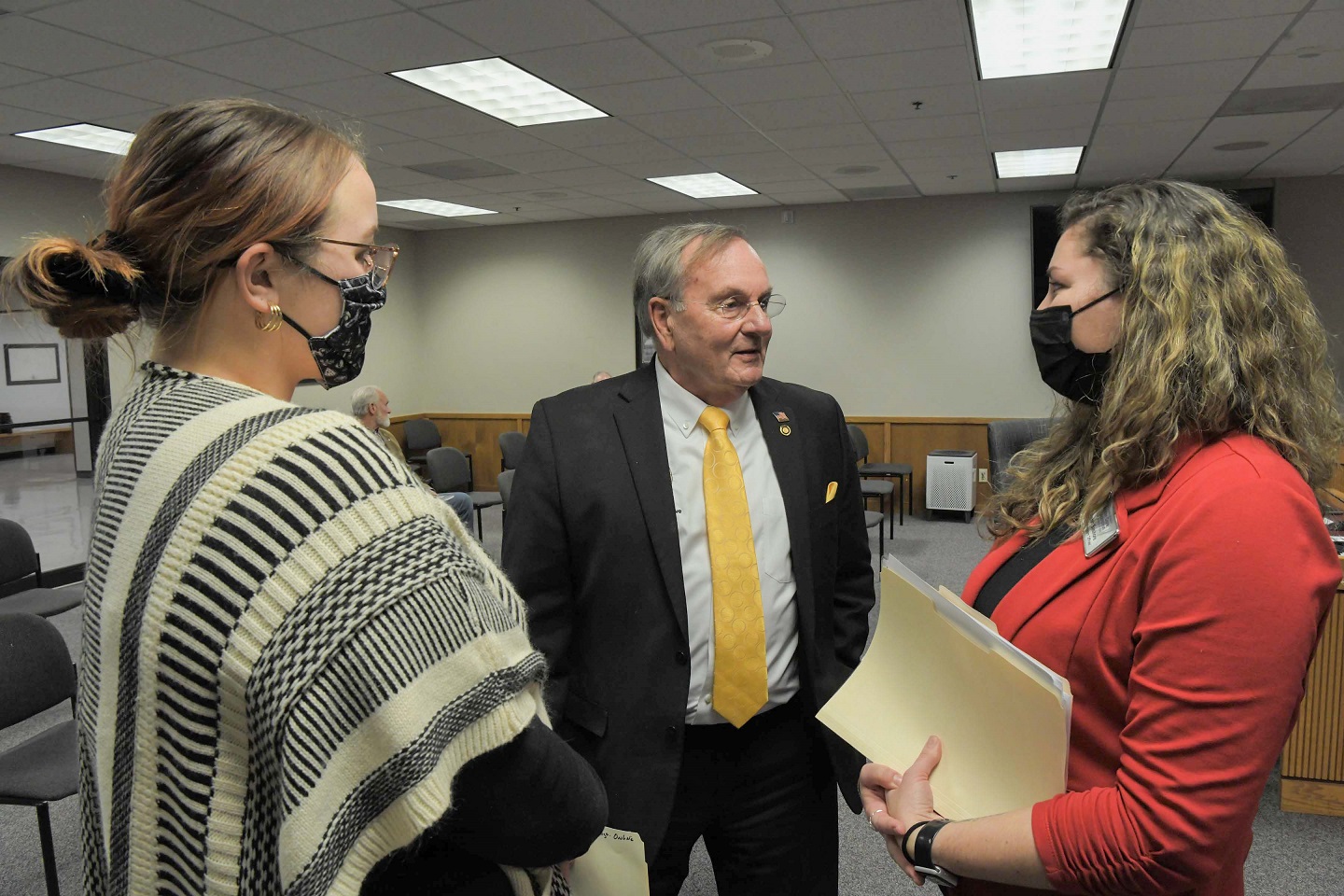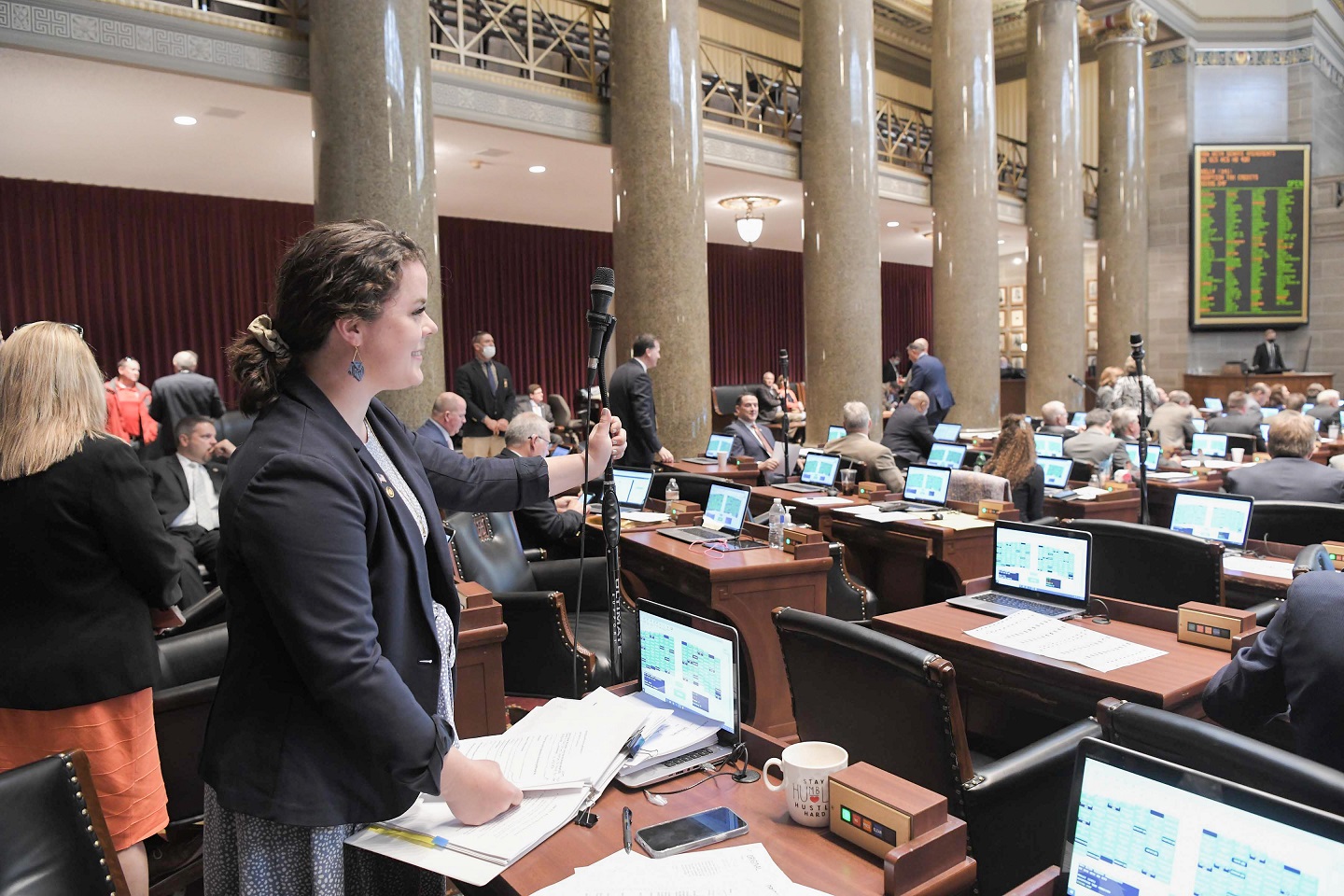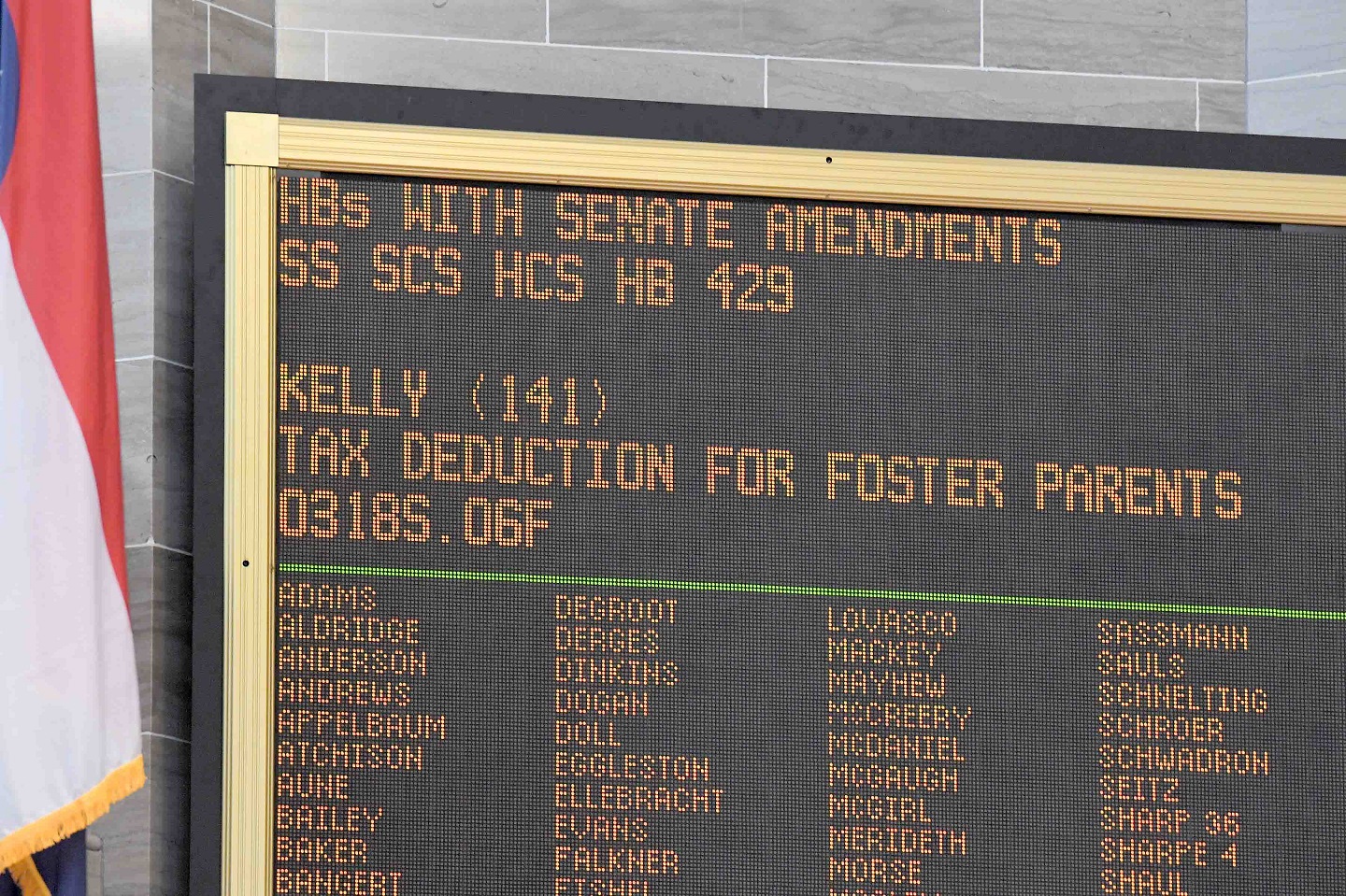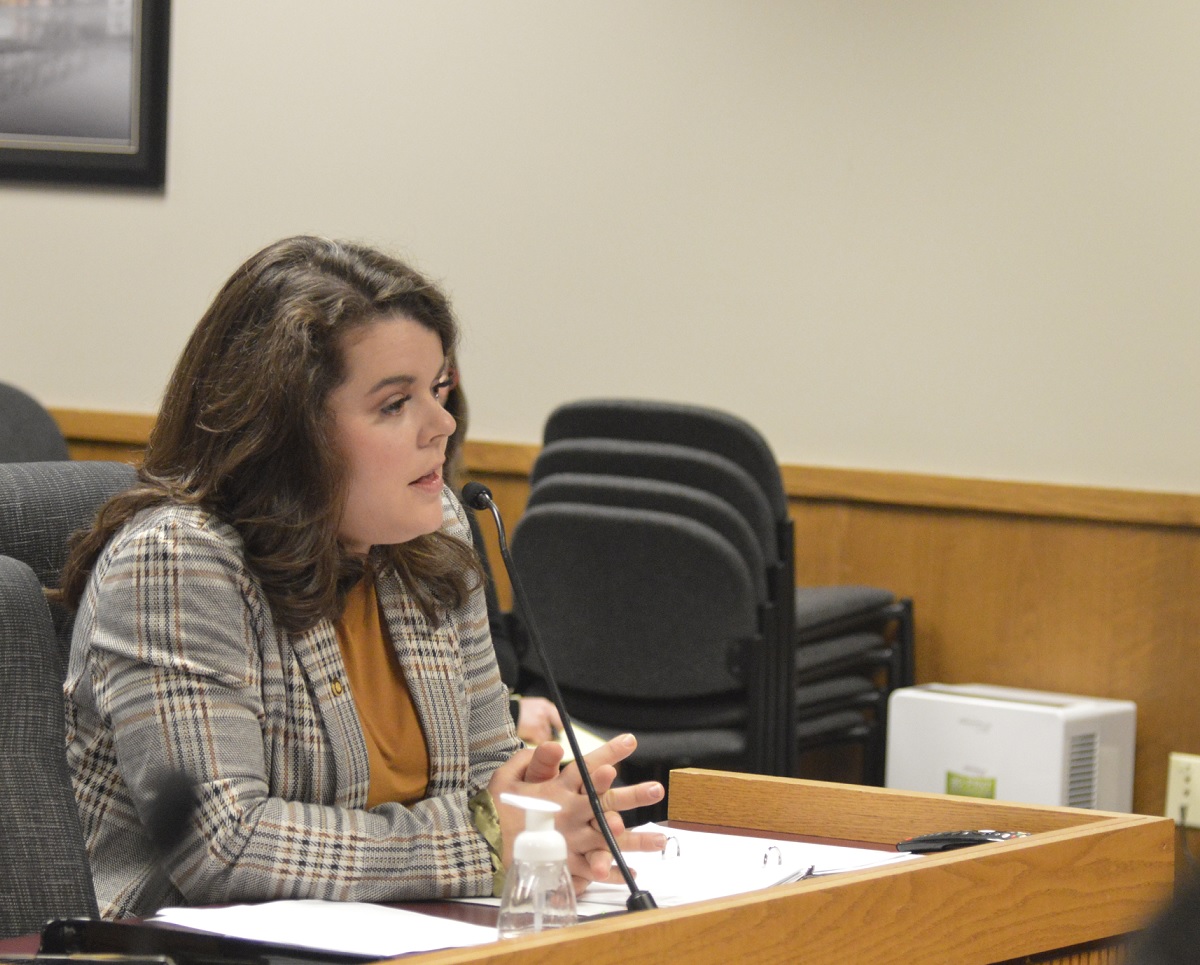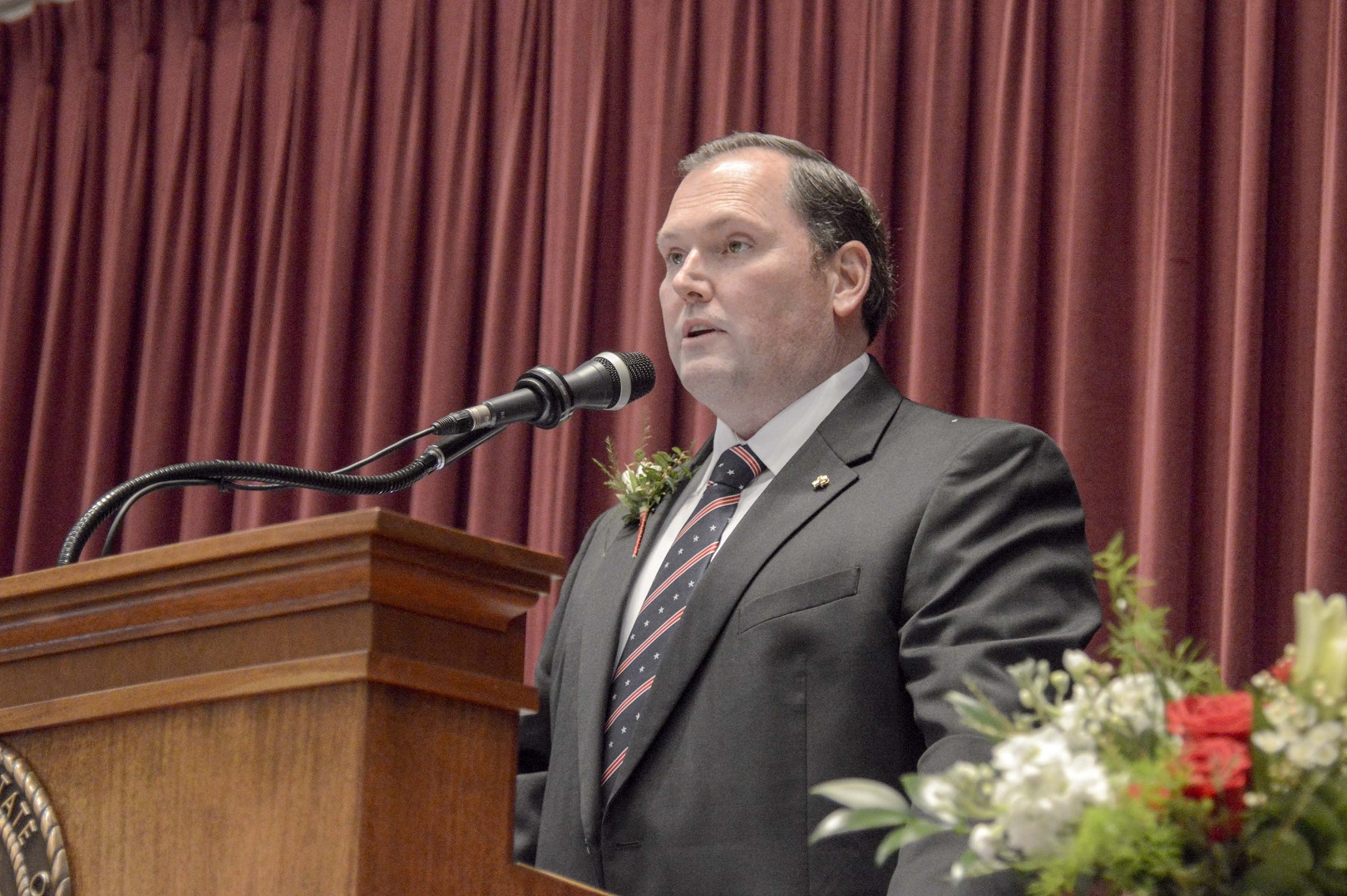A House panel has launched this year’s effort to make sure that money intended for Missouri’s foster children gets to those children and isn’t intercepted by the state.
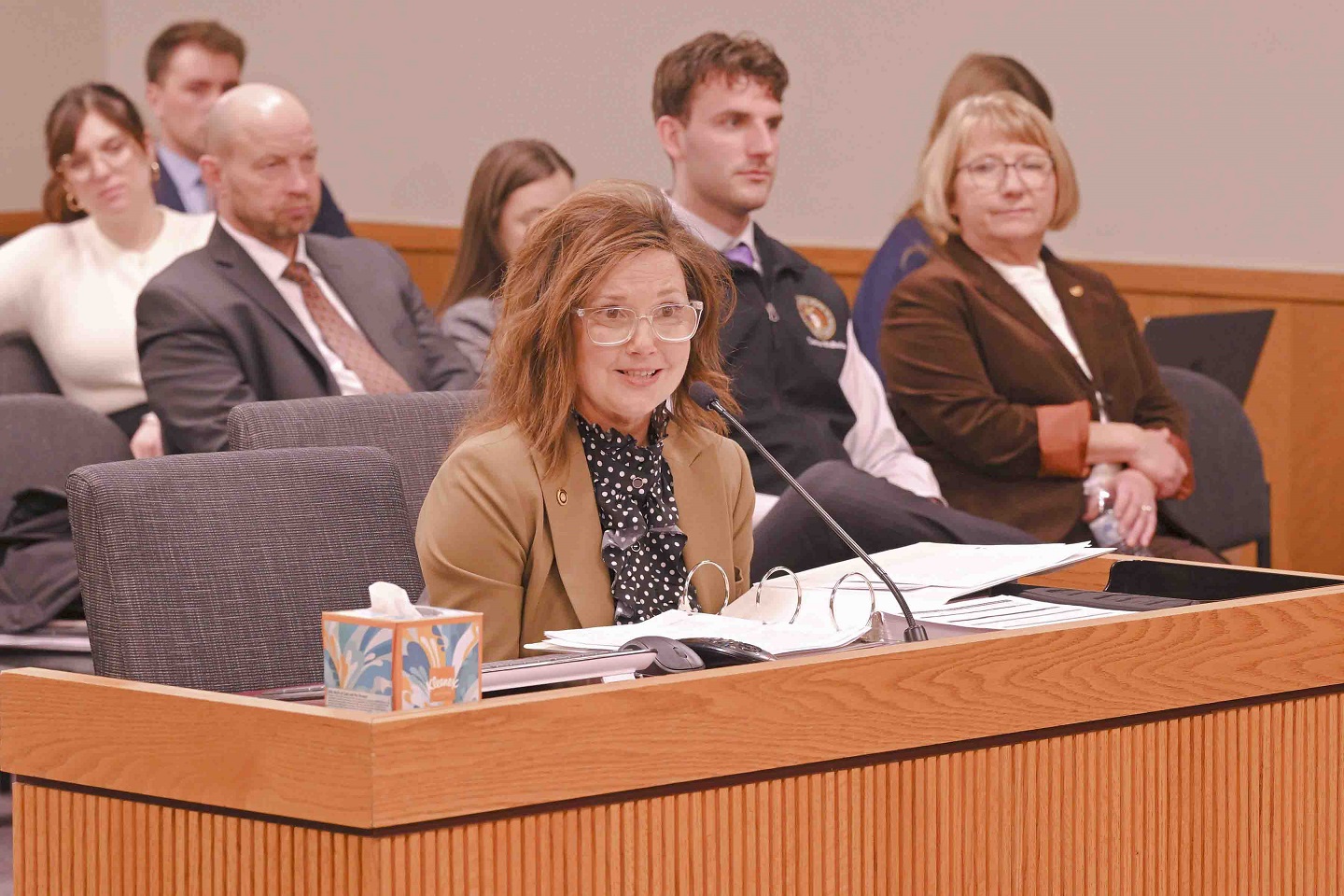
An estimated 12,000 young people in Missouri’s foster care system are eligible for benefits from the Social Security or Veterans Administrations, or railroad retirement benefits, often because they are the survivors of deceased parents or because they have disabilities. The state Children’s Division takes those benefits to cover the costs of caring for those children. Social Security benefits, alone, can be around $900 or more each month.
House Bill 737 would end that practice.
Legislators expressed shock and disbelief when they were first introduced to this issue in 2024, and the House passed a bill then to address it but that did not reach the governor. HB 737 is this year’s version, and at the urging of new House Speaker Jonathan Patterson it is among the first bills being considered in 2025.
“We must prioritize the most vulnerable among us, especially our foster kids,” Patterson said in his address on the opening day of the session, calling for this legislation to be the first bill the House passes this year.
HB 737 sponsor Melissa Schmidt (R-Eldridge) told the House Committee on Children and Families that the practice, “depletes a resource that could meet crucial needs and be a significant support for foster children as they age out of the system and attempt to enter into adult living.”
Madison Eacret with FosterAdopt Connect said those benefits could be going to things like housing, transportation, higher education, or other needs and wants.
Schmidt recalled for the committee testimony offered last year from a young man named Ian, who experienced this firsthand.
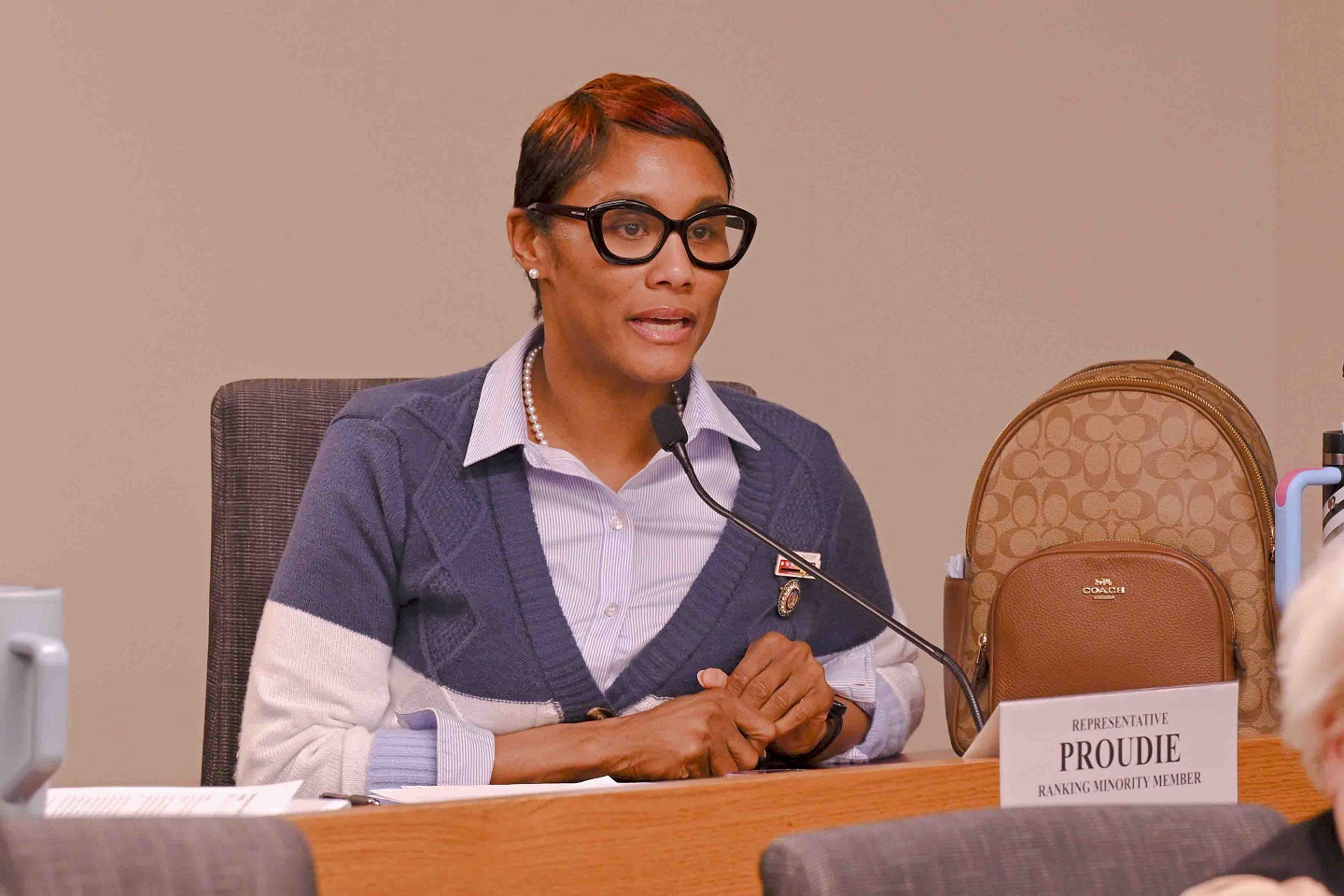
Committee members expressed similar sentiments to those that were heard during the debate in 2024. Ferguson Democrat Raychel Proudie has been among the most vocal.
She explained how this practice could create a situation in which foster children don’t receive the same care that peers in their households receive, because there isn’t enough money to go around.
St. Peters Republican Wendy Hausman also filed a version of this proposal. She thanked Schmidt for carrying it.
Chairwoman Holly Jones (R-Eureka) joined others on the Committee in thanking Speaker Patterson for making this a priority.
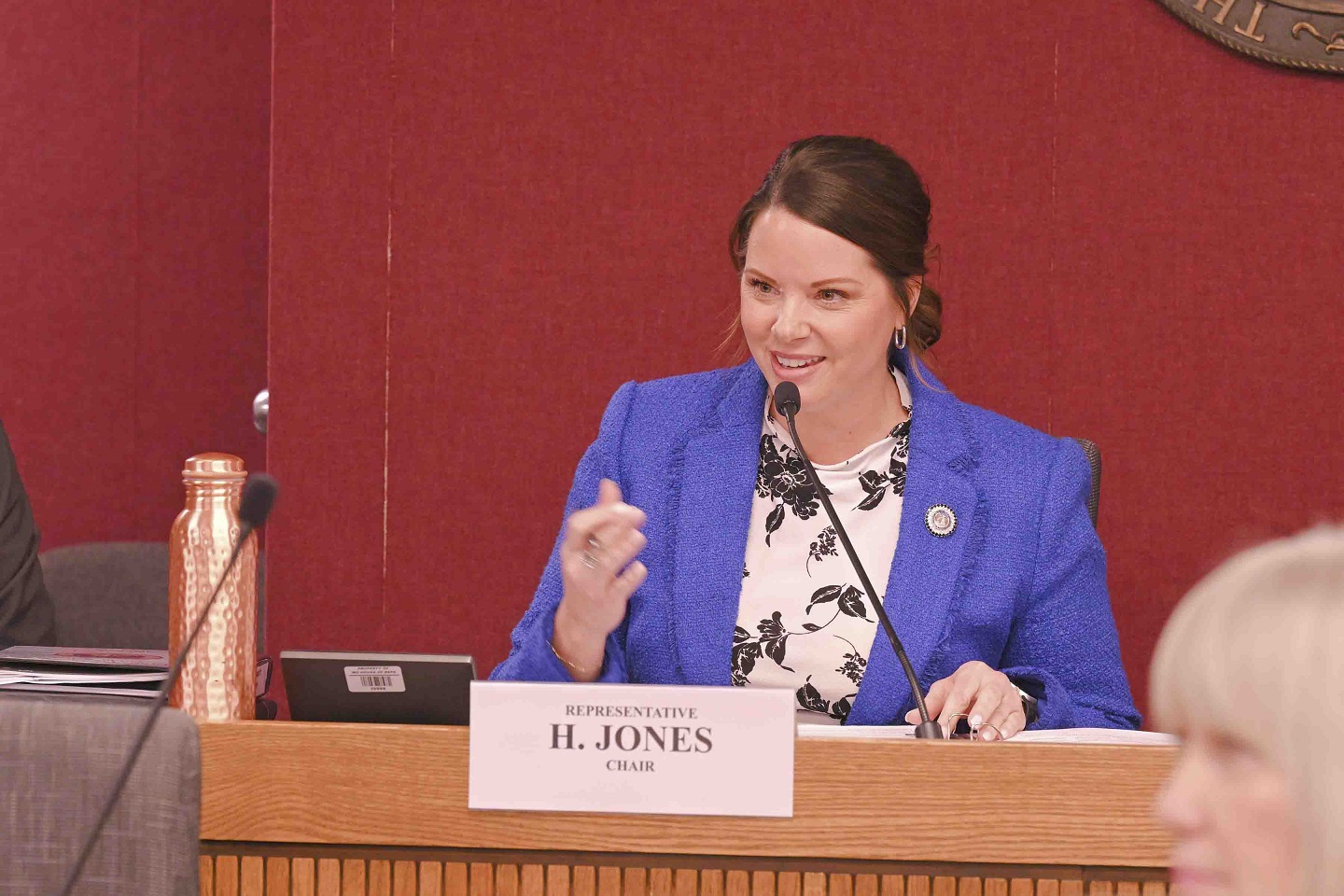
HB 737 includes two other provisions.
One would specify that the offense of abuse or neglect of a child does not include letting a child do things like going to school or nearby locations on foot or by bicycle; play outside; or stay at home for a reasonable amount of time without supervision. Any such “independent activities” must be deemed appropriate for the child’s age, maturity, and physical and mental abilities.
The other would require the Children’s Division to attempt to place a child in its care with a person, agency, or institution governed by persons of the same religious faith as that of at least one of the child’s parents. Missouri Courts must already do so. The bill would require that the Division follow the same procedure.
The committee has not voted on HB 737.
Earlier story: House Acts to Stop State Seizure of Benefits Intended for Foster Children
